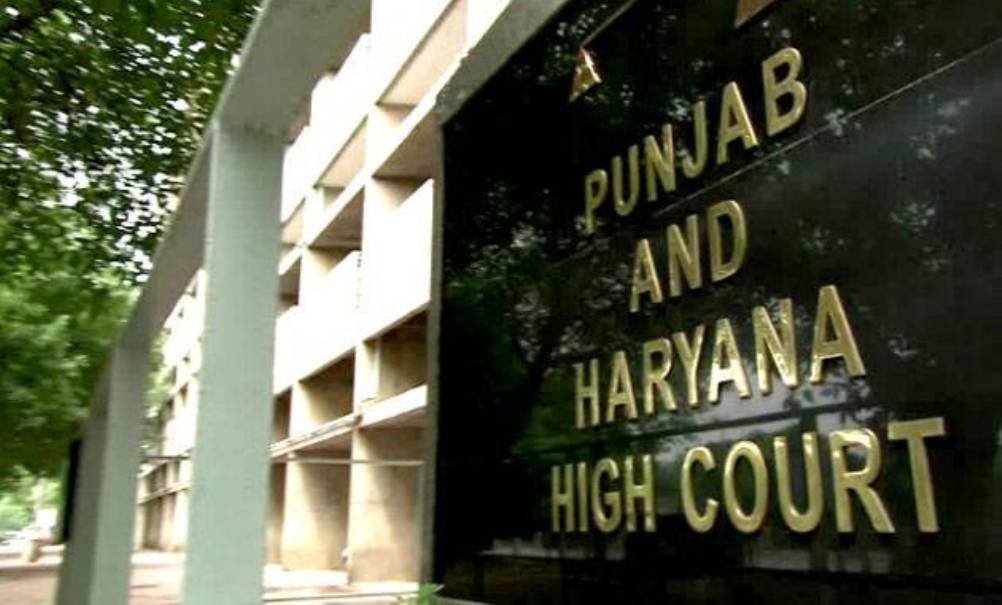LI Network
Published on: 25 August 2023 at 11:00 IST
The Punjab and Haryana High Court has issued a significant directive to the States of Punjab and Haryana, along with the Chandigarh Administration, urging them to instruct all offices, including educational establishments, not to demand the father’s name when dealing with a rape victim’s child [X V. State of Punjab].
Justice Vinod S Bhardwaj, presiding over a case pertaining to the rehabilitation of rape victims and their offspring, formally acknowledged the recommendations put forth by Amicus Curiae Tanu Bedi. The court proceeded to order the implementation of these recommendations.
The court’s order explicitly stated, “Instruct all offices, particularly educational institutions, to refrain from insisting on the father’s name for the child.”
The concerned authorities conveyed their acceptance of the suggestions, emphasizing that several of these measures have already been embraced and are presently in effect.
Among the directives that the court mandated for execution, the authorities were also instructed to bear the costs for medical pregnancy termination if required by the victims.
“In cases where pregnancy is detected after the legally permissible time frame for termination and the victim expresses her desire not to raise the child, then CARA (Central Adoption Resource Authority) or a relevant authority should be engaged to facilitate the prompt preparation of all necessary documents, enabling the child’s swift adoption post-birth,” suggested Bedi in one of the recommendations.
However, if the victim chooses to raise the child herself, the state is expected to extend comprehensive support to ensure the child’s proper, healthy, and dignified upbringing, she further added.
Regarding shelter homes, the authorities were directed to ensure the availability of facilities that accommodate both the mother and child together.
The court was informed that most existing shelter homes are either exclusively for women or function as orphanages, caring for children up to the age of 18.
The court underscored that the authorities must take appropriate measures to guarantee the meticulous implementation of these guidelines, aimed at the well-being and reintegration of both rape victims and their offspring.

